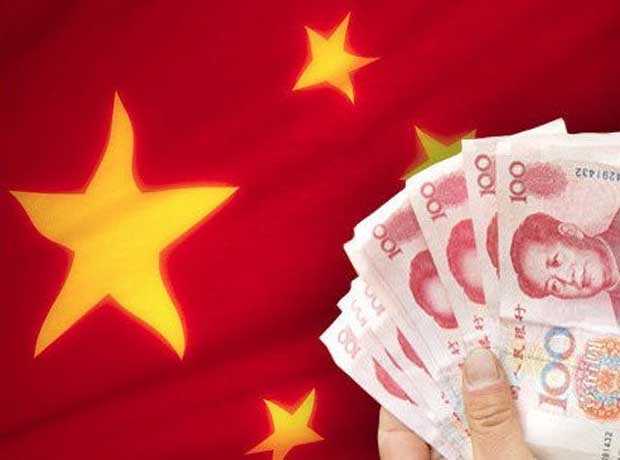Dit jaar 2016 blijkt bijzonder turbulent. De Brexit, Trump, en het collectieve besef dat 90% van onze tijd online gaat naar het lezen van artikelen over hoe turbulent 2016 wel niet is. Hier is wat Thomas Piketty, auteur van het veelbesproken boek Kapitaal in de 21ste eeuw, denkt dat de Europese Unie moet doen na het Britse vertrek uit de EU. Spoiler: het komt neer op strengere regels, minder belastingparadijzen en een herziening van hoe we met schulden omgaan. Oftewel: alles waar Britse politici allergisch voor zijn.
Lees verder “Piketty over Europa na de Brexit”Over de Chinese schuldenberg van 210% BBP
Een schuldenberg die sneller groeit dan een wolkenkrabber in Shanghai, en de oplossing? Gewoon even de cijfers herschrijven. Simpel!
Lees verder “Over de Chinese schuldenberg van 210% BBP”The Songs of Distant Earth, by Arthur C. Clarke
Within the grand cosmic opera where humanity pirouettes among the stars, could our future be etched upon the vast canvas of the universe, just beyond our provincial celestial cul-de-sac? Enter Arthur C. Clarke’s magnum opus, The Songs of Distant Earth, where the venerable maestro of speculative fiction revisits his favorite interstellar haunts with a prose style so refined, it could make a black hole blush. Clarke’s narrative waltzes gracefully between the realms of hard science and the tender foibles of the human heart, offering a symphony of cosmic wonder and terrestrial sentiment.
Lees verder “The Songs of Distant Earth, by Arthur C. Clarke”Verzorgingsstaat op de helling in Europa
Laten we het even over de verzorgingsstaat hebben. Die oase van sociale zekerheid, waar pensioenen ooit een gegeven waren en werkloosheidsuitkeringen niet voelden als een grabbelton waaruit je met geluk een troostprijs trekt. Diezelfde verzorgingsstaat staat nu, zoals de titel al suggereert, op de helling. En niet zomaar een helling, maar eentje die zo glad is dat je nog voor je het doorhebt beneden ligt, met een bevroren pensioen en een onbetaalbare ziekenhuisrekening in je handen.
Menig burger vraagt zich af: tegen de tijd dat ik de pensioengerechtigde leeftijd bereik, staat er dan nog een pensioen klaar, of is dat inmiddels een concept uit een ver verleden, zoals videotheken en betaalbare huurwoningen? De populariteit van pensioensparen en andere aanvullende maatregelen lijkt te suggereren dat velen hun vertrouwen in de staat al enigszins hebben opgegeven. Maar waarom zou je niet met je eigen lot bezig zijn? De verzorgingsstaat voelt tegenwoordig een beetje als een Airbnb met een slechte beoordeling: ooit een luxe, nu een hachelijke gok.
Lees verder “Verzorgingsstaat op de helling in Europa”Over een volgende bankencrisis
De financiële sector heeft de neiging om elke crisis niet zozeer op te lossen als wel even in de koelkast te zetten en er dan een jaar of tien later weer door verrast te worden. Hoogleraar economie Mariana Mazzucato schetst hoe we ons opnieuw vrolijk richting de afgrond begeven, terwijl iedereen doet alsof er niets aan de hand is.
Lees verder “Over een volgende bankencrisis”



